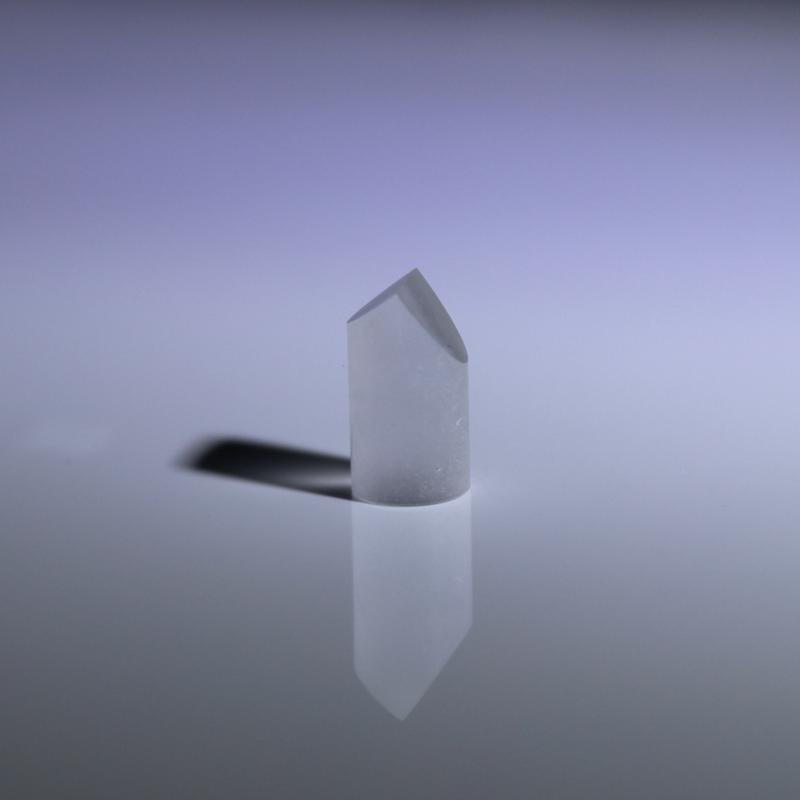What is bandpass filter?
A band pass filter is defined as a device that allows frequencies within a specific frequency range and rejects frequencies outside that range.
What is a bandpass filter used for?
Optical Glass Bandpass filters are optical filters that only let a selected range of frequencies through. Bandpass filters are used for many optical applications in telecommunications, satellite communications and data transfer for light modulation.
VY Optics ZWB1 bandpass filter photo display

Specifications of optical glass bandpass filter
| Diameter | 92mm |
| Thickness | 1.7mm |
The curve graph of the ZWB1 ZWB2 ZWB3bandpass filter

People also ask
- Is bandpass filter better than low pass filter?
Unlike the low pass filter which only pass signals of a low frequency range or the high pass filter which pass signals of a higher frequency range, a Band Pass Filters passes signals within
a certain “band” or “spread” of frequencies without distorting the input signal or introducing extra noise. - What is bandpass vs notch filter?
The main difference between a bandpass filter and notch filter is that bandpass filter allows signals within a particular frequency range to pass and a notch filter will filter those signals out in that one frequency range. - What is the difference between bandpass filter and low pass filter?
A bandpass filter allows signals between two specific frequencies to pass, but that discriminates against signals at certain frequencies. A low pass filter is a filter that passes signals with a frequency lower than a certain cutoff frequency and minimizes signals with frequencies higher than the cutoff. - What does an optical filter do?
Optical filters are passive optical devices that consist of specialized optical coatings applied onto a substrate. The coatings modify the refractive index of the substrate, enabling them to reflect, transmit, or absorb incoming light depending on its wavelength.











